
Transcription
Cointelpro distorted the public's view of radical groups in a way that helped to isolate them & to legitimize open political repression. It reinforced & exacerbated the weaknesses of these groups, making it very difficult for the inexperienced activists of the sixties to learn from their mistakes & build solid, durable organizations. In violent assaults & covert manipulation eventually help to push some of the most committed & experienced groups to withdraw from grassroots organizing & to substitute armed actions, which isolated them & deprived the movement of much of its leadership. Cointelpro often convinced its victims to blame themselves & each other for the problems it created, leaving a legacy of cynicism & despair that persist today. By operating covertly, the FBI & police were able to severely weaken domestic political opposition without shaking the conviction of most US people that they live in a democracy, with free speech & the rule of law. Domestic covert action has now persisted in some form through at least the last seven presidencies. It grew from one program to six under Kennedy & Johnson. It is an integral part of the established mode of operation of powerful, entrenched agencies on every level of government. It enables policymakers to maintain social control without detracting from their own public image or the perceived legitimacy of their method of government. It has become as institutional in the U.S. as the race, gender, class & imperial domination it serves to uphold. Under these circumstances there is no reason to think we can eliminate Cointelpro simply by electing better public officials. Only through sustained public education & mobilization, by a broad coalition of political, religious & civil libertarian activists can we expect to limit it effectively. In most parts of the country, however, & certainly on a national level, we lack the political power to end covert government intervention, or even to curb it substantially. We therefore need to learn how to cope more effectively with this form of repression.
In Peru a demonstration against a rise in bread prices is stopped because of threats to denounce those who demand bread as terrorists. How greatly we fear language, an electric cattle prod to drive us into corners where we cower for fear of being called terrorists or communists or criminals. How did we allow those who don't give a damn about how we the 99% live or die to rob us of our language, to intimidate us into cutting out our tongues & binding our limbs into lameness? How can we be more afraid to be called terrorists, than to die in the dark with no one there to speak for us?
Other posts by this author
|
2024 sep 24
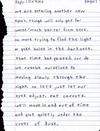
|
2024 may 24
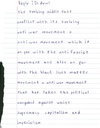
|
2023 aug 15
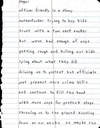
|
2023 jan 19
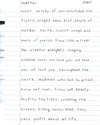
|
2022 mar 28
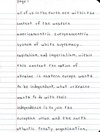
|
2022 feb 10
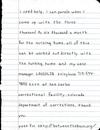
|
More... |
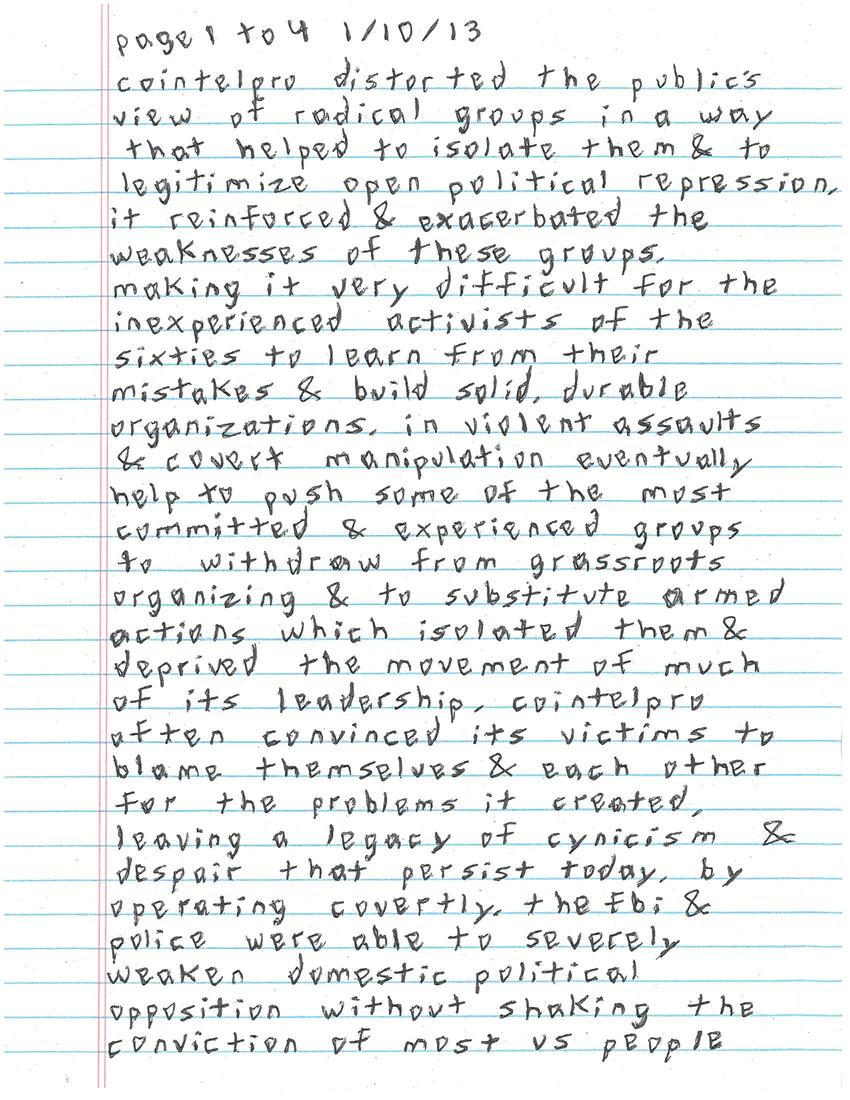
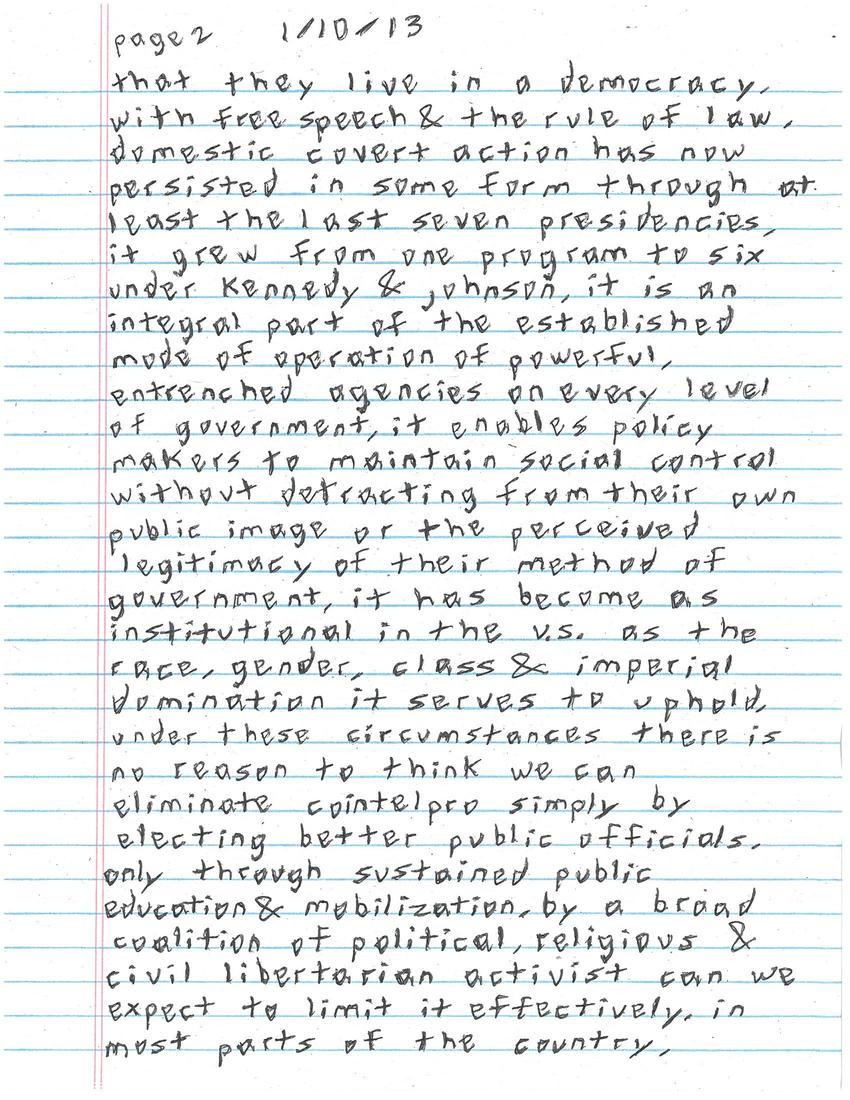
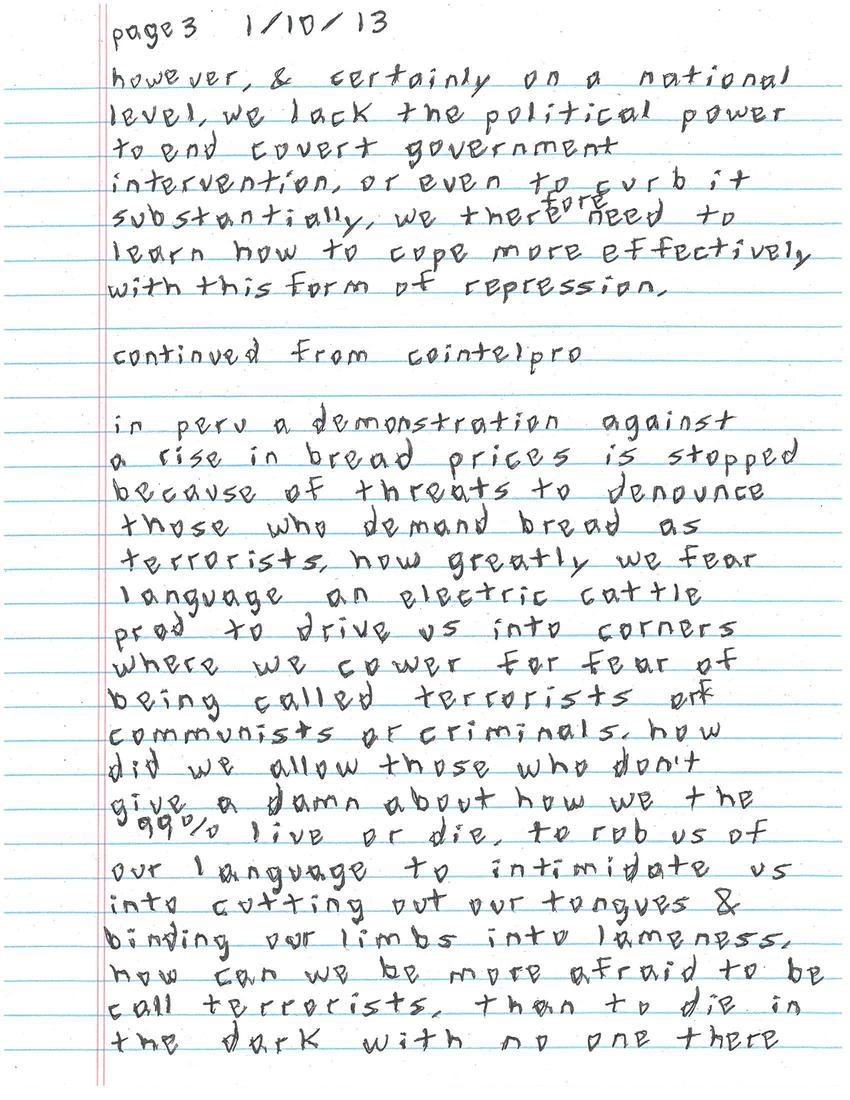
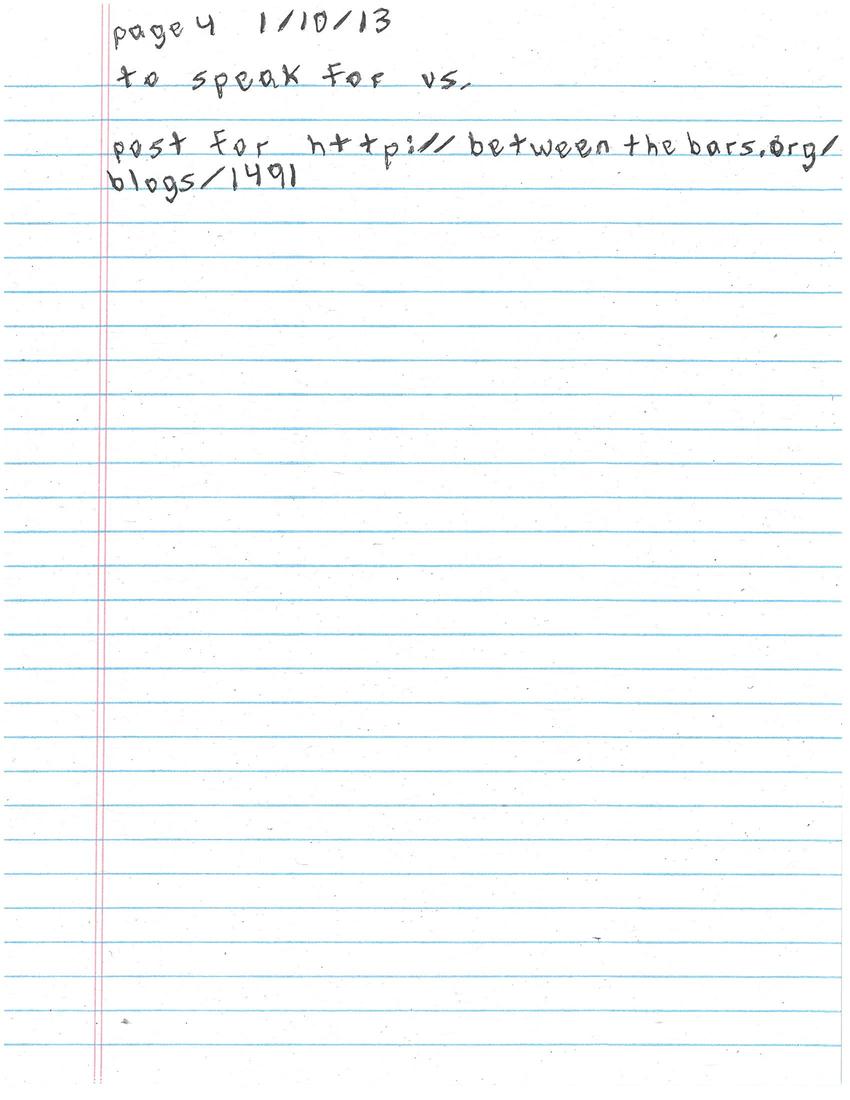

Replies